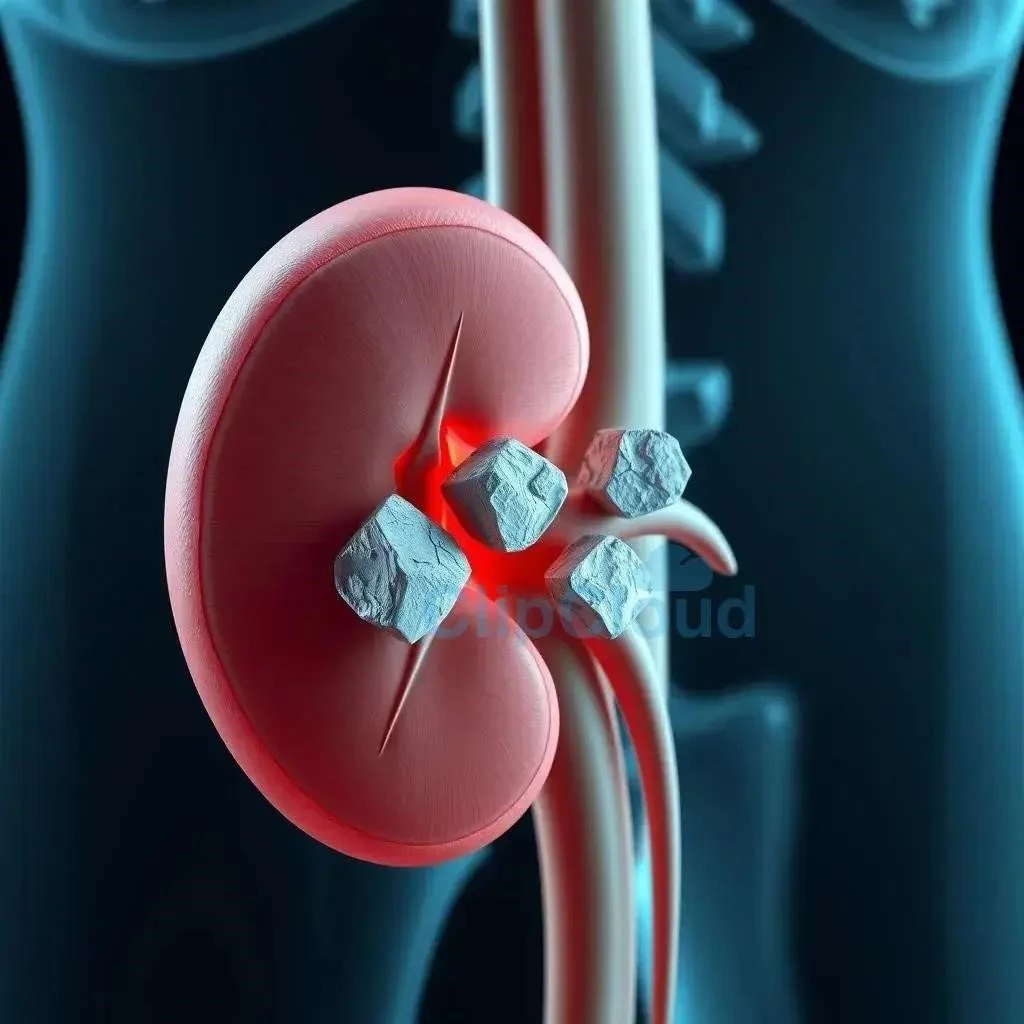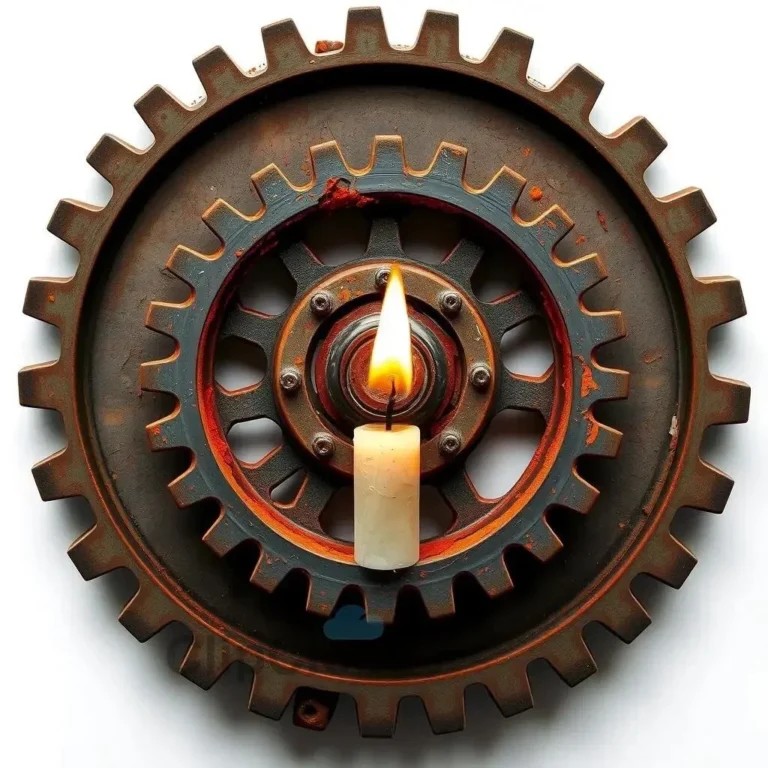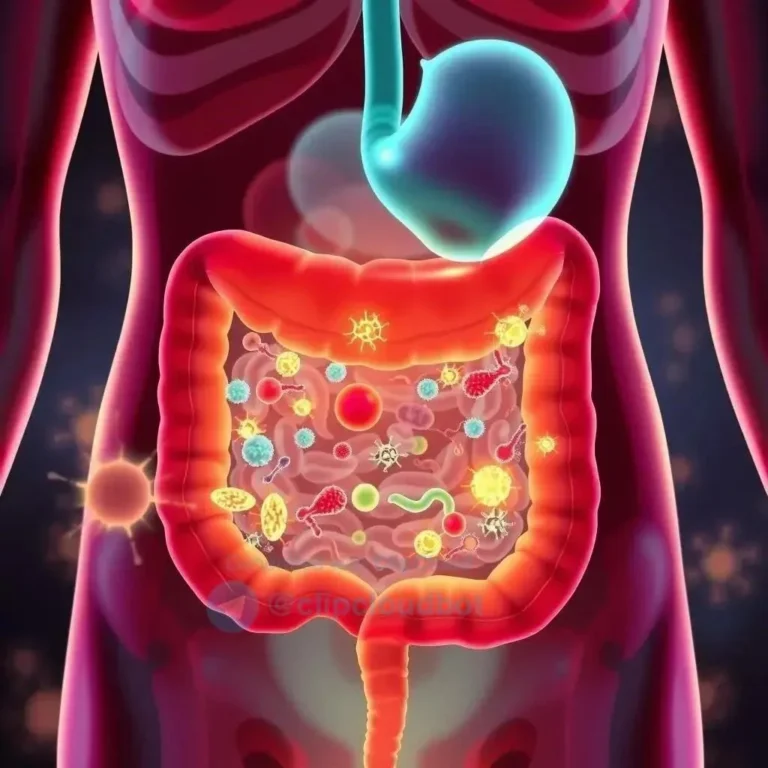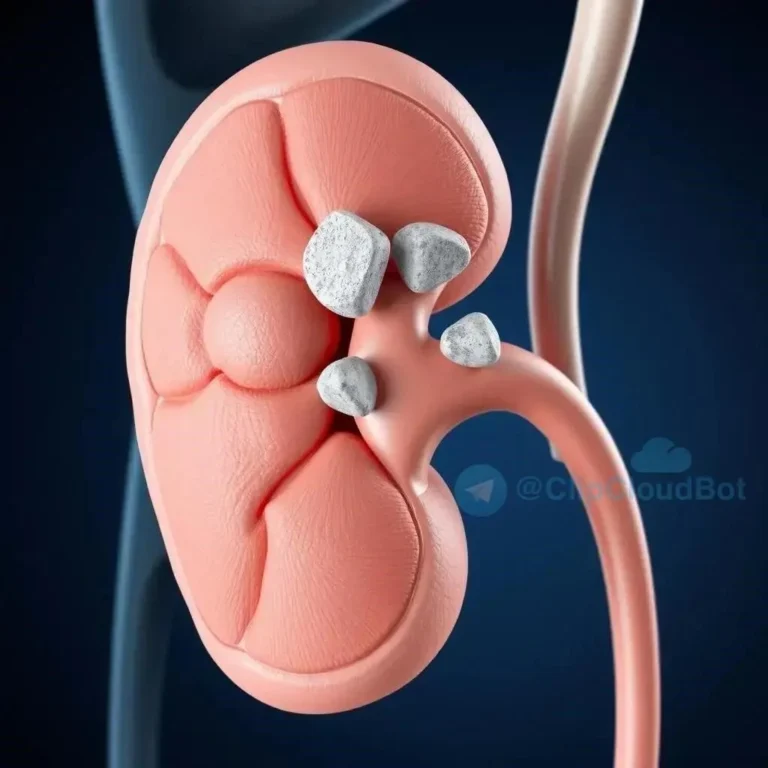Kidney Stones: A Comprehensive Guide
This guide offers a detailed look at kidney stones‚ encompassing their symptoms‚ effective pain management strategies‚ preventive measures‚ and underlying causes. We’ll explore how to identify the presence of kidney stones through recognizing common symptoms and understanding the various factors that contribute to their formation. Learn about lifestyle adjustments and dietary changes that can help prevent future stones. This guide also delves into pain relief options and treatment approaches. Navigate this resource to gain valuable insights into maintaining kidney and urinary tract health.
Understanding Kidney Stone Symptoms
Kidney stones‚ hard deposits that form in the kidneys‚ can manifest through a range of symptoms‚ some subtle and others intensely painful. Recognizing these symptoms is crucial for prompt diagnosis and treatment‚ preventing potential complications. While some individuals may harbor kidney stones without experiencing any noticeable discomfort‚ others can endure excruciating pain. The size and location of the stone often dictate the severity and type of symptoms experienced.
Common Kidney Stone Symptoms:
- Severe Pain: Often described as sharp‚ cramping pain in the back and side‚ below the ribs. This pain can radiate to the lower abdomen and groin. The pain can fluctuate in intensity and come in waves‚ often associated with nausea and vomiting.
- Painful Urination: Kidney stones can cause burning or pain during urination‚ a symptom known as dysuria. This occurs when the stone moves into the ureter‚ the tube connecting the kidney to the bladder.
- Frequent Urination: An increased urge to urinate‚ even if only small amounts of urine are passed‚ can be a sign of a kidney stone. This can be accompanied by a persistent feeling of needing to urinate.
- Hematuria (Blood in Urine): The presence of blood in the urine can be visible or microscopic. Visible blood can turn the urine pink‚ red‚ or brown. Microscopic blood requires laboratory testing to detect.
- Cloudy or Foul-Smelling Urine: A change in the appearance or odor of urine can indicate a urinary tract infection (UTI)‚ which can be associated with kidney stones.
- Fever and Chills: If a kidney stone causes a blockage leading to an infection‚ fever and chills may develop‚ signaling a potentially serious complication.
- Nausea and Vomiting: The intense pain associated with kidney stones can trigger nausea and vomiting‚ making it difficult to keep down fluids or medications.
- Inability to Find a Comfortable Position: Restlessness and difficulty finding a comfortable position are common due to the shifting nature of the pain.
When to Seek Medical Attention:
It’s essential to seek medical attention if you experience any of the following:
- Severe pain that doesn’t improve with over-the-counter pain relievers
- Pain accompanied by nausea and vomiting
- Fever and chills
- Blood in your urine
- Difficulty urinating
Early diagnosis and treatment can help prevent complications and minimize discomfort associated with kidney stones. Your healthcare provider can perform diagnostic tests to confirm the presence of kidney stones and recommend appropriate treatment options.
Effective Kidney Stone Pain Relief Strategies
Kidney stone pain can be excruciating‚ ranging from a dull ache to sharp‚ debilitating spasms. Fortunately‚ various pain relief strategies can help manage discomfort while the stone passes or undergoes treatment. These strategies range from over-the-counter medications to medical interventions‚ depending on the severity of the pain and the size and location of the stone.
Over-the-Counter Pain Relievers:
- NSAIDs (Nonsteroidal anti-inflammatory drugs): Ibuprofen (Advil‚ Motrin) and naproxen (Aleve) can help reduce pain and inflammation.
- Acetaminophen (Tylenol): While not an anti-inflammatory‚ acetaminophen can provide effective pain relief.
Prescription Medications:
- Stronger NSAIDs: Your doctor may prescribe stronger NSAIDs than those available over-the-counter.
- Opioid Pain Medications: For severe pain‚ opioid medications like codeine or morphine may be necessary‚ but these are typically prescribed for short-term use due to their potential for dependence.
- Alpha-blockers: These medications can help relax the muscles in the ureter‚ facilitating the passage of the stone.
Home Remedies and Self-Care Strategies:
- Hydration: Drinking plenty of water can help flush out the stone and prevent further stone formation. Aim for 2-3 liters of water per day.
- Heat Application: Applying a heating pad or taking a warm bath can help soothe muscle spasms and reduce pain.
- Staying Active: Gentle movement‚ such as walking‚ can help the stone pass more quickly.
Medical Interventions:
- Shock Wave Lithotripsy (SWL): This procedure uses sound waves to break up larger stones into smaller fragments that can be passed more easily.
- Ureteroscopy: A thin scope is inserted into the ureter to remove or break up the stone.
- Percutaneous Nephrolithotomy (PCNL): For very large stones‚ a small incision is made in the back to remove the stone directly from the kidney.
Managing Pain During Stone Passage:
Passing a kidney stone can be a painful experience. Follow your doctor’s recommendations for pain management and contact them if your pain worsens or becomes unbearable. Staying hydrated and actively managing pain are essential for a more comfortable recovery. Discuss any concerns about side effects of medications or alternative pain relief options with your healthcare provider.
It’s crucial to consult with a healthcare professional for an accurate diagnosis and personalized treatment plan. They can assess your specific situation and recommend the most appropriate pain management strategies based on the size and location of your kidney stone and your overall health.
Preventing Kidney Stones: Lifestyle and Dietary Changes
Kidney stones can be a recurring problem‚ but proactive lifestyle and dietary changes can significantly reduce your risk. By understanding the factors that contribute to stone formation‚ you can take steps to maintain kidney health and minimize the likelihood of future stones.
Dietary Modifications:
- Increase Fluid Intake: Drinking plenty of water is crucial for preventing kidney stones. Aim for 2-3 liters of fluid daily‚ including water‚ diluted juices‚ and herbal teas. This helps dilute urine and prevent the buildup of stone-forming substances.
- Limit Animal Protein: High intake of animal protein‚ especially red meat‚ can increase uric acid levels‚ promoting stone formation. Opt for lean protein sources and incorporate more plant-based proteins into your diet.
- Reduce Sodium Intake: Excessive sodium can increase calcium excretion in the urine‚ contributing to stone formation. Limit processed foods‚ canned goods‚ and fast food‚ which are typically high in sodium.
- Moderate Calcium Intake: While calcium is essential for bone health‚ excessive calcium supplements can increase the risk of calcium stones. Focus on obtaining calcium from dietary sources like dairy products and leafy greens‚ and consult your doctor before taking calcium supplements.
- Limit Oxalate-Rich Foods: Certain foods‚ such as spinach‚ rhubarb‚ chocolate‚ and nuts‚ are high in oxalate‚ which can bind with calcium to form stones. Moderation is key‚ especially if you have a history of calcium oxalate stones.
- Increase Citrate Intake: Citrate can help prevent calcium stones from forming. Citrus fruits and juices are good sources of citrate.
Lifestyle Adjustments:
- Maintain a Healthy Weight: Obesity is a risk factor for kidney stones. Achieving and maintaining a healthy weight through a balanced diet and regular exercise can reduce your risk.
- Regular Exercise: Physical activity can promote kidney health and help prevent stone formation.
- Manage Underlying Medical Conditions: Certain medical conditions‚ like gout and inflammatory bowel disease‚ can increase the risk of kidney stones. Proper management of these conditions is crucial for preventing stone formation.
- Consult with a Healthcare Professional: Discuss your individual risk factors and dietary needs with your doctor or a registered dietitian. They can provide personalized recommendations based on your medical history and lifestyle.
Ongoing Monitoring and Prevention:
Preventing kidney stones is an ongoing process. Regular checkups with your doctor and adherence to recommended dietary and lifestyle changes can significantly reduce your risk of recurrence. Be mindful of your fluid intake‚ especially during hot weather or after strenuous exercise. By making these adjustments‚ you can actively contribute to maintaining kidney health and preventing future stone formation.
Exploring the Causes of Kidney Stones
Kidney stones form when certain substances in the urine become concentrated enough to crystallize and solidify. Understanding the underlying causes of kidney stone formation is crucial for prevention and effective management. Several factors can contribute to this process‚ ranging from dietary habits and genetic predisposition to underlying medical conditions.
Types of Kidney Stones and Their Causes:
- Calcium Stones: The most common type‚ often composed of calcium oxalate. High levels of calcium‚ oxalate‚ and uric acid in the urine‚ combined with low citrate levels‚ can contribute to their formation.
- Uric Acid Stones: Form when urine is too acidic. A diet high in purines (found in red meat‚ organ meats‚ and shellfish) can increase uric acid levels.
- Struvite Stones: Associated with urinary tract infections. Certain bacteria produce ammonia‚ which increases urine pH‚ promoting struvite stone formation.
- Cystine Stones: A rare type caused by a genetic disorder called cystinuria‚ which leads to excessive cystine excretion in the urine.
Contributing Factors:
- Dehydration: Insufficient fluid intake concentrates urine‚ increasing the risk of crystal formation.
- Diet: A diet high in animal protein‚ sodium‚ and oxalate-rich foods can contribute to stone formation. Conversely‚ a diet rich in fruits and vegetables can help prevent stones.
- Family History: A family history of kidney stones increases your risk.
- Medical Conditions: Certain medical conditions‚ such as gout‚ inflammatory bowel disease‚ and renal tubular acidosis‚ increase the risk of kidney stones.
- Medications: Some medications‚ including diuretics and certain antacids‚ can contribute to stone formation.
- Supplements: Excessive intake of certain supplements‚ such as vitamin C and calcium‚ can increase the risk of certain types of stones.
Identifying the Cause of Your Kidney Stones:
If you have experienced a kidney stone‚ your healthcare provider may recommend further testing to determine the type of stone and identify underlying causes. This may involve blood tests‚ urine analysis‚ and imaging studies. Understanding the specific cause of your kidney stones is crucial for developing a personalized prevention plan.
By addressing these underlying causes and adopting preventive measures‚ you can significantly reduce your risk of developing future kidney stones and maintain long-term urinary tract health. Consult with your doctor or a nephrologist for a comprehensive evaluation and personalized recommendations.





